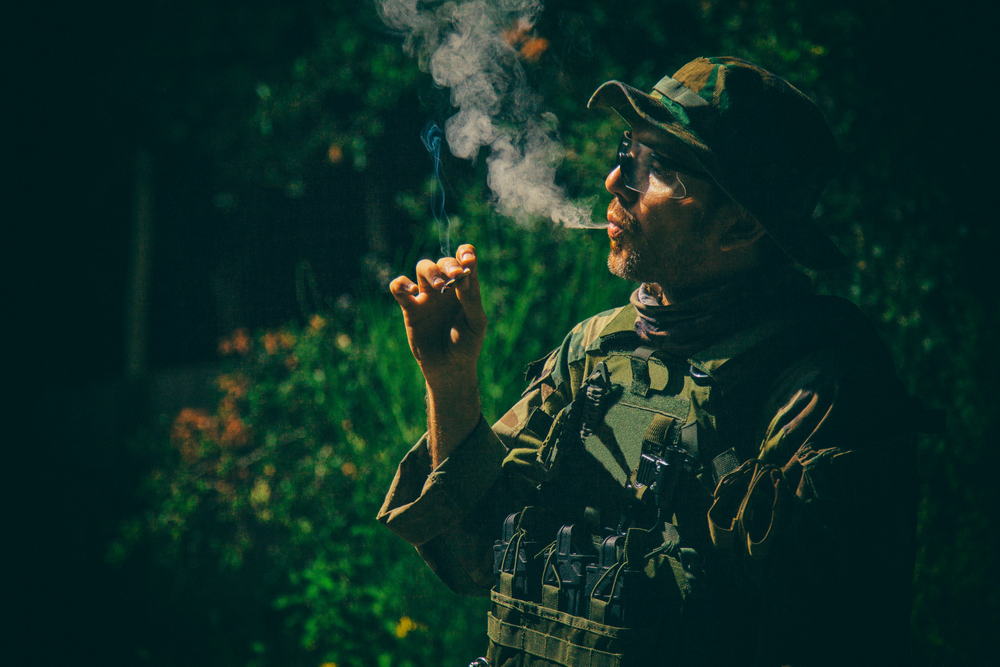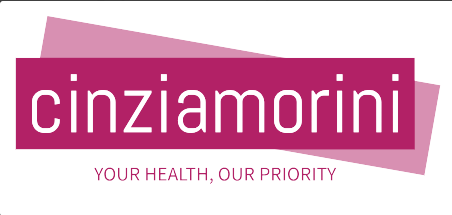
Post-traumatic stress disorder (PTSD) is a condition known to affect military veterans and people who have been involved in traumatic accidents, crimes, etc. It can be treated through a combination of counseling and prescription medications. Alternatively, many states with legal medical marijuana programs allow treating PTSD with unprocessed cannabis flower or products manufactured from cannabis concentrates.
Here is the million-dollar question: does medical marijuana work as a PTSD treatment? That depends on who you ask. Proponents are quick to point to studies showing marijuana works. Opponents have their own studies suggesting it doesn’t. Until there is some sort of consensus, PTSD patients are ultimately left to decide for themselves.
PTSD a Common Qualifying Condition
Most states with active medical cannabis programs consider PTSD a qualifying condition. That is certainly the case in Utah, where Beehive Farmacy operates locations in Brigham City and Salt Lake City. They see PTSD patients all the time.
Beehive staff say that PTSD patients often talk about how medical marijuana reduces their anxiety and helps them sleep. Those two things alone can go a long way toward relieving other symptoms. Patients believe that medical marijuana works for them regardless of the scientific debates over clinical evidence and efficacy.
As far as the efficacy debate is concerned, evidence is the sticking point. On the one hand is the position that clinical evidence is the gold standard for proving efficacy and safety. On the other hand is an undeniable mountain of anecdotal evidence. Is there a way to combine them?
The VA Is Still a Hard No
It is interesting to note that the U.S. Department of Veterans Affairs (VA) is still a hard no on medical cannabis for any reason. Decision-makers at the VA have very little choice given the fact that marijuana is still a Schedule I controlled substance under federal law. Even so, many within the VA are not convinced that marijuana has any medical benefit for PTSD patients.
In a 2022 paper published by the VA, researchers mentioned the lack of clinical evidence in support of marijuana as a PTSD treatment. The paper went on to claim that there had only been one study on the issue to date. Researchers pointed out numerous flaws that suggest the study is unreliable.
A Competing View from the VFW
A year before the VA paper, the Veterans of Foreign Wars (VFW) published a piece citing a recently completed study into marijuana’s ability to relieve PTSD symptoms. They explained that the study was the “first randomized placebo-controlled trial” designed to measure the potential of both THC and CBD to treat PTSD.
That study showed positive results. It was a small scale study, so its results provide limited evidence in support of medical marijuana. Nonetheless, the data is there. When it is combined with anecdotal evidence from PTSD sufferers nationwide, there is sufficient reason to believe that patients are finding relief through marijuana.
Safety Is the Only Consideration
Competing evidence makes it difficult to know whether marijuana actually alleviates PTSD symptoms. But the debate over marijuana’s efficacy reveals a much bigger problem in Western medicine: who gets to determine which treatments and therapies will be made available. Perhaps safety should be the only consideration.
The limited data we have up to this point suggests that medical marijuana is safe for all the conditions for which it is recommended. Perhaps that’s enough. Maybe patients should be given the right to choose medical marijuana over prescription medications if they feel it is better for them. And if that’s the case, maybe this is the way we should approach medicine in general.
